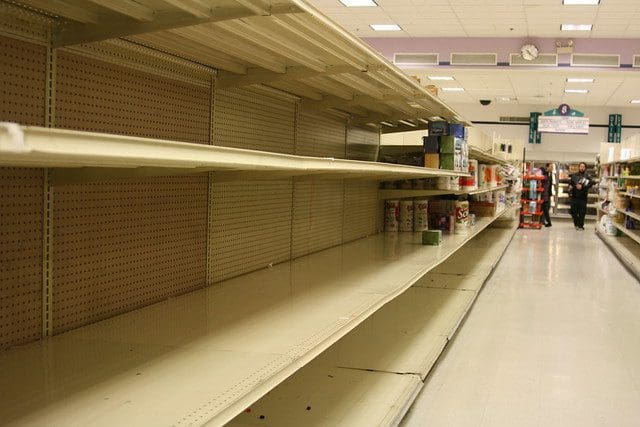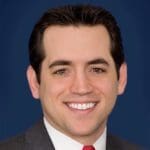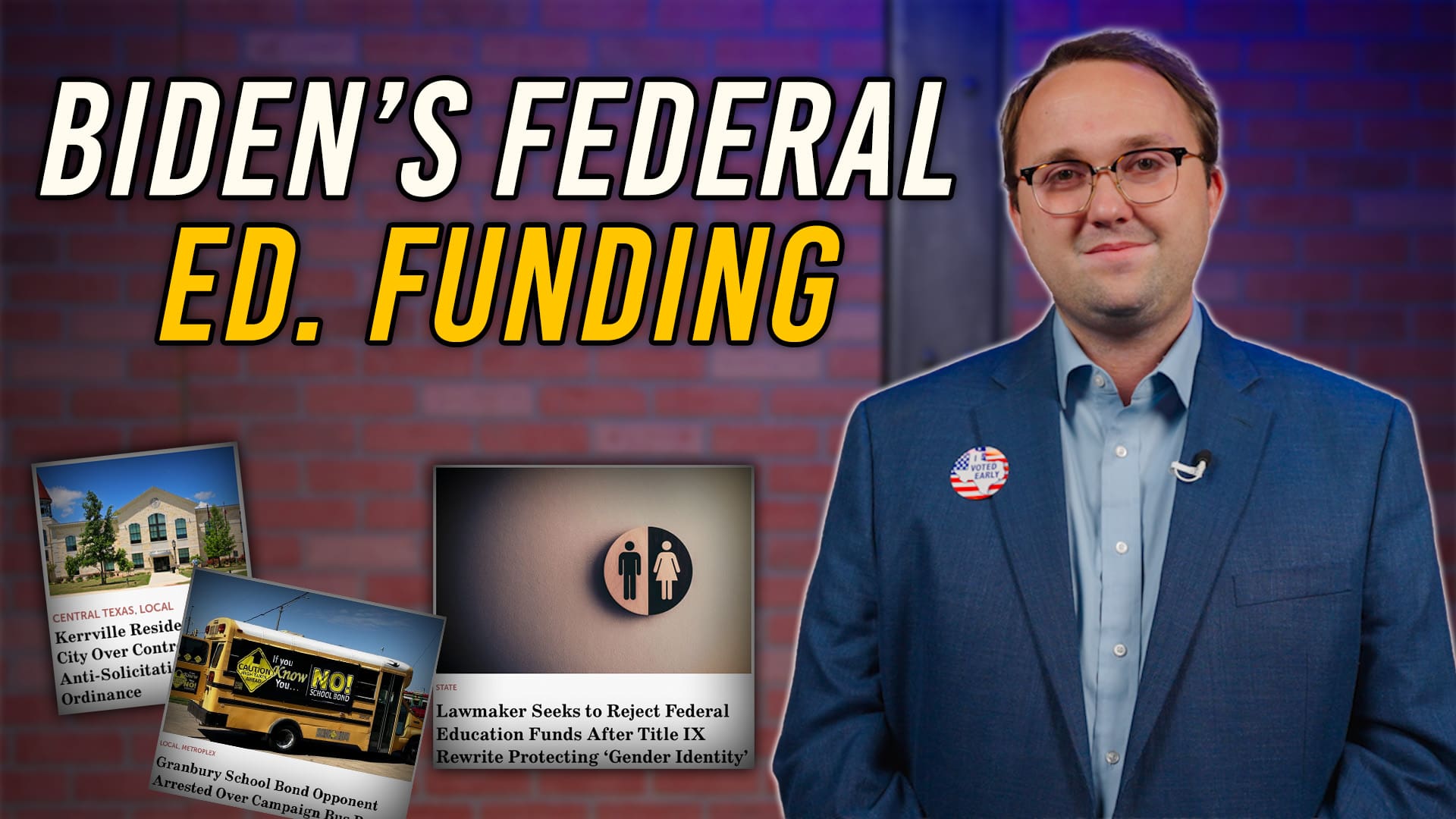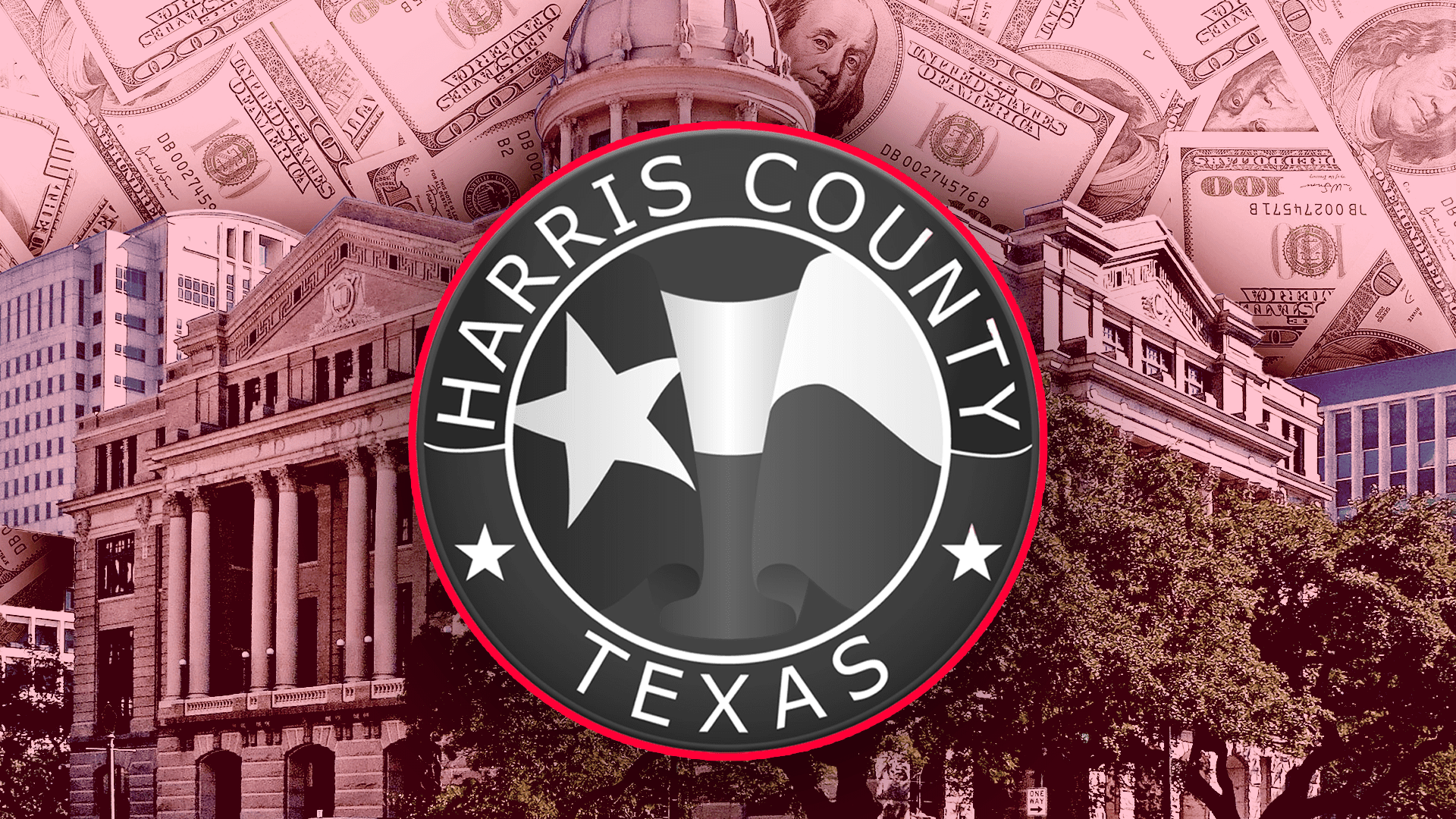In response to rising prices of cleaning supplies and toilet paper caused by the coronavirus fears, Gov. Greg Abbott and Attorney General Ken Paxton issued a joint statement that “Price-gouging is un-Texan and will not be tolerated in our state,” and that they “will work to ensure that anyone who engages in this act is held to account.”
Texas is one of 34 states which have enacted laws to prohibit “price gouging” during a disaster. Under Texas law, “price gouging” is taking advantage of a disaster declared by the Governor or the President by selling a certain goods “at an exorbitant or excessive price.” The law does not define an “exorbitant or excessive” price. However, most other states define it as a mere 10% increase.
Politicians like anti-price gouging laws because being seen defending people suffering from storm damage or a virus outbreak is a great visual for a politician. At first glance, price gouging laws seem reasonable, since we all think it is ugly to take advantage in time of need. But these price increases serve important economic functions. Suppressing them can cause more harm to people in an affected area than temporarily inflated prices.
Price gouging laws are just another name for price ceilings, which have three key drawbacks. First, they cause market shortages. A market shortage is when the quantity producers are willing to supply is less than the total quantity that consumers demand at the given price. Since price increases can’t temper demand, limited supplies end up being rationed on a first-come, first-serve basis and some consumers will have to go without.
Indeed, the characteristic “bread lines” of socialist economies are the direct result of price ceilings on food, usually promoted by the government as prohibitions on “price gouging.”
Second, they encourage hoarding. Knowing shortages are likely, those at the front of the line are encouraged to take more than they need. For example, if you heard people were buying up toilet paper in a panic, you might buy as much as possible at a price of $1 per roll. But you might only buy what you need at a price of, say, $5 per roll.
Third, price controls discourage new supply. If prices are capped, there’s little incentive for businesses to hustle to increase supplies, incur the cost of shifting production and supply lines, or pay to expedite shipping to an affected area.
A well-known gouging case involves the actions of John Shepperson. After Hurricane Katrina, John bought 19 generators, rented a U-Haul truck, and drove 600 miles from Kentucky to Mississippi. In return for his efforts and risk, he hoped to sell the generators at double his purchase price. Instead, he was arrested for price gouging, spent four days in jail, and the generators were confiscated.
Rather than allowing people in need to purchase generators at a price they voluntarily agreed to pay, the government outlawed these transactions. Moreover, Louisiana discouraged future Mr. Sheppersons from taking the time and initiative to bring supplies in demand to those in need and decreased the overall number of generators in the disaster area.
Texas’ price gouging law is particularly bad because it doesn’t even define what an “exorbitant or excessive” price is. In the absence of specific guidance, a retailer may be reluctant to raise prices by any amount or even may cease selling needed items, thereby exacerbating shortages. In response to threats to police price gouging, eBay left the market altogether and stopped selling coronavirus supplies rather than risk prosecution.
Last time Texas aggressively policed price gouging, it had disastrous results. Following supply disruptions caused by Harvey, Attorney General Paxton signaled he would investigate even 10% increases in prices and wouldn’t limit prosecution to the areas affected by the hurricane. Politicians from both parties took to public media to grandstand against “price gouging”. Meanwhile, gas station owners faced the prospect of being prosecuted for even a 10% price increase. What happened was predictable—gas prices in Texas increased approximately 10% to the artificial ceiling, supplies dwindled, people began hoarding, and gas shortages resulted.
Many attributed the long gas lines and empty stations to the effects of Hurricane Harvey disrupting supply. But we didn’t see the same results when Hurricane Katrina shut down platforms that produced one-sixth of America’s domestic oil supplies. During Katrina, prices were allowed to fluctuate naturally, gas rose by over a dollar, to $3.05, and no widespread gas lines or shortages resulted. A Federal Trade Commission study following Hurricane Katrina confirmed that at the market worked well, and that price controls would have made the situation worse.
Price gouging laws benefit the few who still manage to secure the generator, gas, or toilet paper while simultaneously hurting all the consumers thereby consigned to going without. Politicians win because they are seen as “doing something” and “sticking up for the little guy”. But, as usual, when governments meddle in markets to control prices, the most vulnerable are hurt the most.
This is a commentary submitted and published with the author’s permission. If you wish to submit a commentary to Texas Scorecard, please submit your article to submission@texasscorecard.com.





